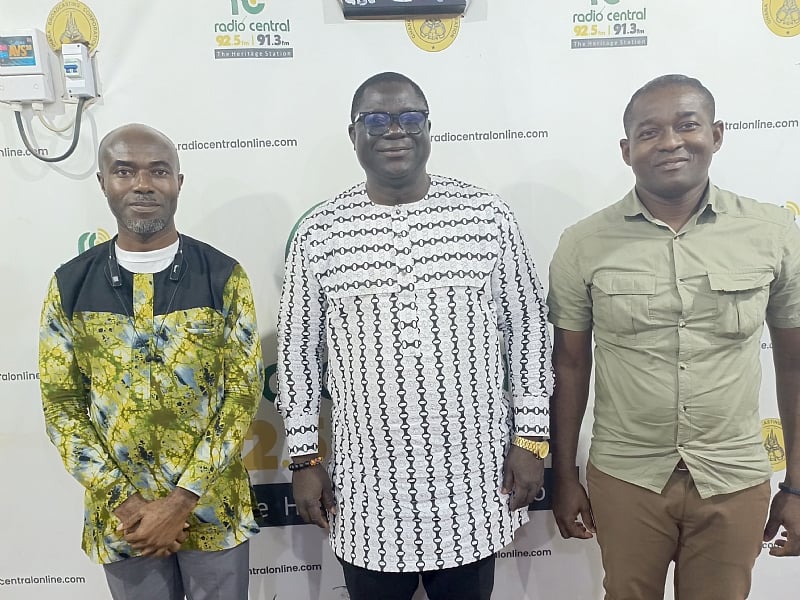The fight against illegal mining, popularly known as “galamsey” in Ghana, has become a complex and deeply entrenched problem that demands decisive action and a multi-faceted approach. A recent panel discussion featuring experts and community members shed light on the challenges and potential solutions to this environmental and social crisis. A key takeaway from the discussion was the consensus that the politicization of galamsey has become the single largest obstacle to its eradication. Political interference has hampered the implementation of effective measures, even when the necessary steps are widely known and understood by authorities. Depoliticizing the fight is therefore paramount to achieving real and lasting progress.
A significant part of the challenge stems from the socio-economic context in which galamsey operates. The activity has become deeply rooted in many local communities, providing a vital, albeit illicit, source of livelihood for many. This economic dependence makes it incredibly difficult to simply shut down operations without providing alternative income-generating opportunities. As one panelist aptly pointed out, when an activity becomes so intertwined with the culture and economic survival of a community, combating it becomes an uphill battle requiring a broader strategy than mere enforcement. This reality underscores the need for sustainable alternative livelihood programs that can address the root causes of galamsey and offer viable alternatives.
The brazen disregard for authority exhibited by some illegal miners further complicates the issue. The panel discussion highlighted instances where these individuals have resorted to threatening security forces on social media, reflecting a dangerous erosion of respect for law and order. This audacious behavior underscores the urgent need to restore the rule of law and ensure that those involved in illegal activities are held accountable. Such blatant defiance of authority cannot be tolerated, and addressing this issue requires a strong message that such actions will be met with swift and decisive consequences.
The environmental consequences of galamsey are nothing short of devastating. The practice poses a severe threat to Ghana’s already limited freshwater resources, a critical issue often overlooked in public discourse. With the vast majority of the earth’s water being saltwater and a significant portion of freshwater locked in ice caps, the available freshwater resources are far more precious than most people realize. The pollution and degradation caused by galamsey jeopardize these vital resources, threatening the health, livelihoods, and long-term sustainability of communities across the country. This requires a renewed focus on public awareness campaigns to highlight the importance of protecting these precious resources and the dire consequences of their depletion.
The panelists offered several concrete recommendations for addressing the galamsey menace. Chief among these was the urgent need for the government to provide alternative livelihoods and job opportunities in galamsey-prone communities. By offering viable alternatives to illegal mining, communities can transition away from destructive practices and towards sustainable economic activities. This requires a concerted effort to invest in skills development, entrepreneurship programs, and other initiatives that empower communities to build a more sustainable future. Additionally, panelists called for greater transparency and accountability from political leaders, criticizing what they perceived as a lack of genuine commitment to tackling the problem.
Finally, the panelists unanimously advocated for the declaration of a State of Emergency in all mining zones. This drastic measure, they argued, would empower the government to implement the decisive action necessary to root out galamsey once and for all. Such a declaration would provide the legal framework for implementing stricter regulations, increasing enforcement capabilities, and deploying the necessary resources to combat this pervasive problem. It would also send a clear message to those involved in illegal mining that the government is serious about tackling this issue and that impunity will no longer be tolerated. While a State of Emergency carries significant implications, the panelists viewed it as a necessary step to address the scale and severity of the galamsey crisis. They emphasized that the fight against illegal mining requires a concerted and sustained effort involving all stakeholders, from government agencies to local communities, to achieve lasting success and protect Ghana’s environment and future.


